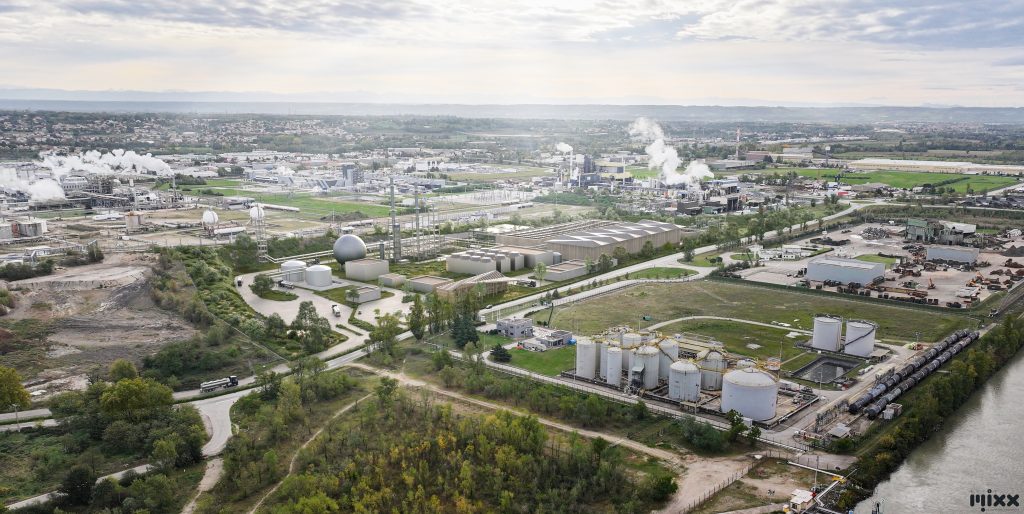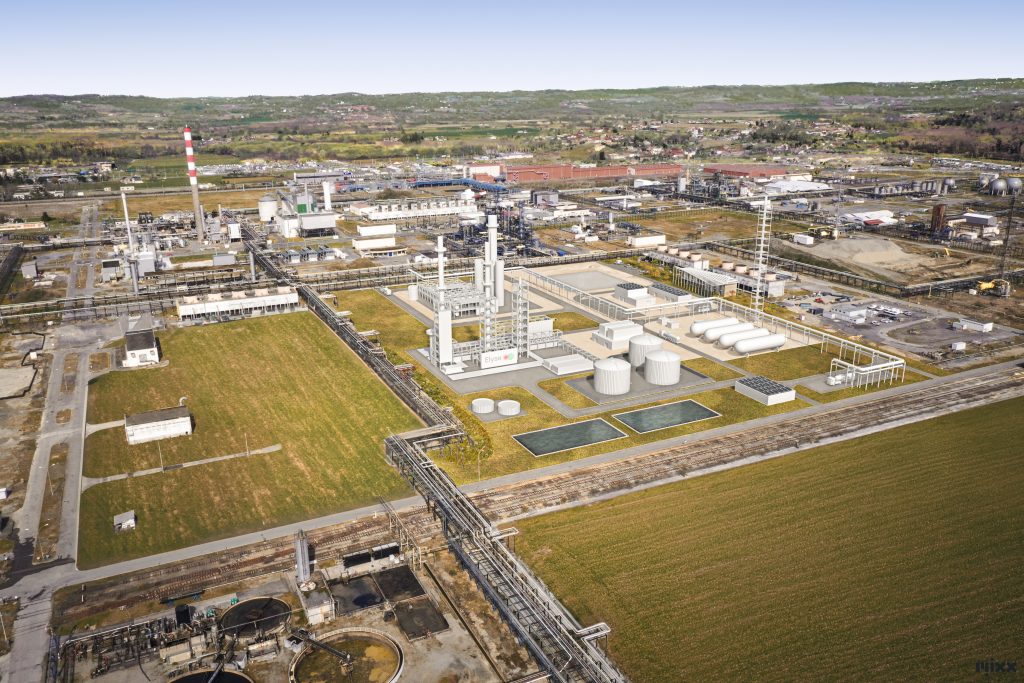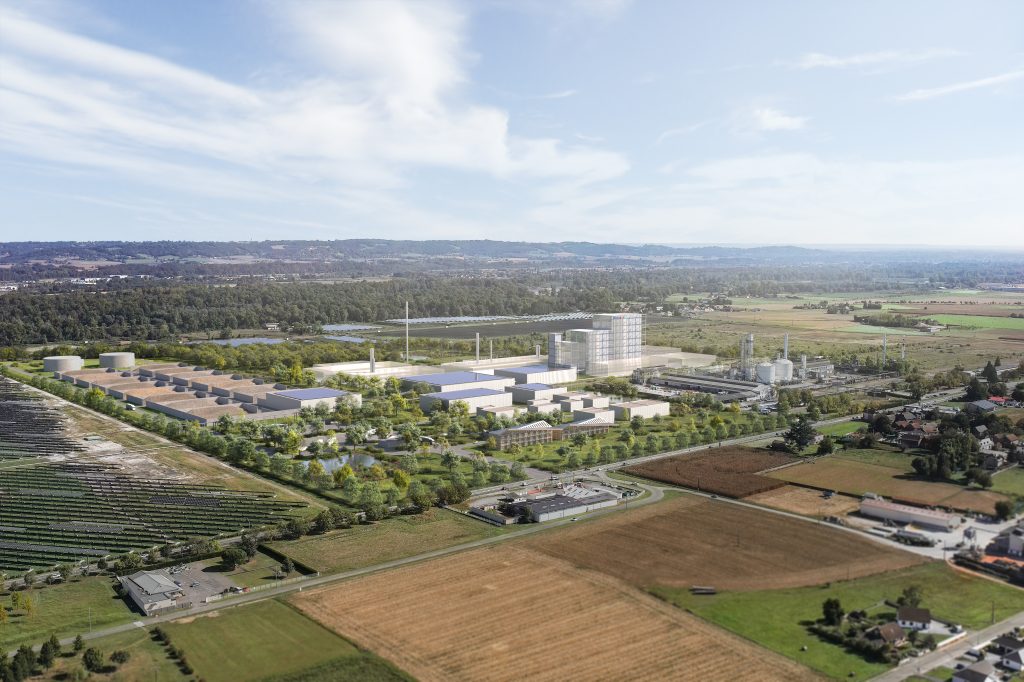
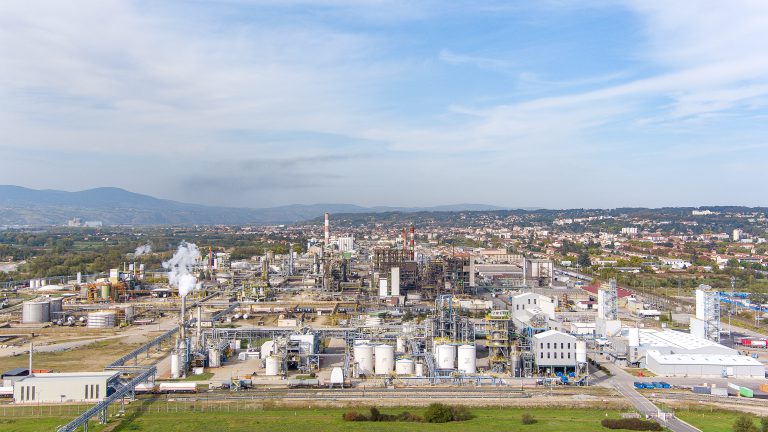
Although the chemical sector is largely unknown to the public, chemistry is at the heart of our everyday lives due to its role in the production of packaging, perfumes, pharmaceuticals, materials or of course fertilisers for agriculture. Chemistry relies predominantly on hydrocarbons, used as an energy source but also as feedstock for many processes. The chemical industry is the second largest greenhouse gas emitter after the steel industry.
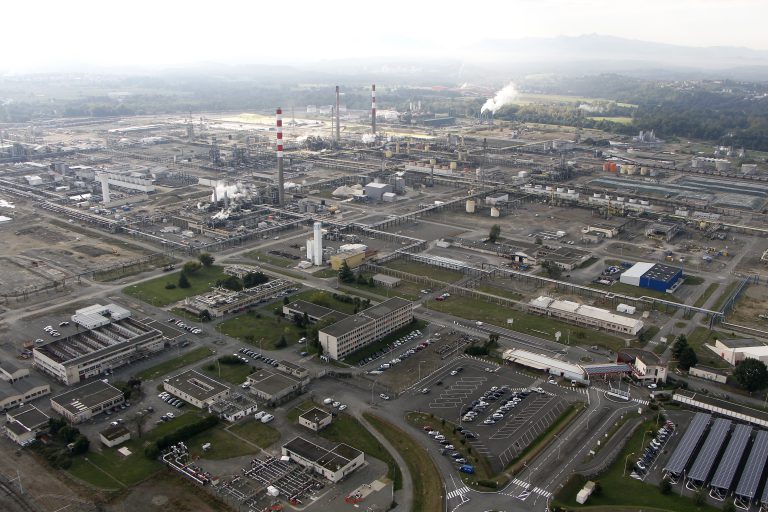
For several years now, the chemical industry has been committed to reducing the carbon footprint of its activities. In France, emissions in this industry have decreased by 63% since 1990. The sector plans to continue along this path with a 26% drop in 2030 compared with 2015. To this end, the production of low-carbon molecules should play a pivotal role in addition to energy efficiency measures or the production of low-carbon electricity and heat.

Scope 3 emissions, which include the carbon footprint of inputs, often account for a significant proportion of the sector’s emissions. More and more players are making commitments, like Arkema, who in 2022 extended its objective of reducing greenhouse gas emission reduction by 46% in 2030 compared with 2019 to scope 3. However, reducing these emissions involves providing the industry with low-carbon molecules: e.g. methanol, hydrogen, naphtha.
Elyse Energy’s projects provide the sector with low-carbon solutions, namely e-methanol for the eM-France and eM-Iberica programmes, and naphtha as a co-product of BioTJet. Located as close as possible to final users, the Elyse Energy units also offer genuine industrial synergies by sharing infrastructures and utilities, while building on operational know-how.
We develop, finance, build and operate low-carbon molecule production plants in France and in the iberian peninsula. Discover our projects !
